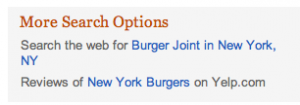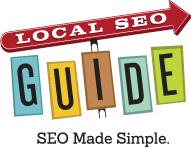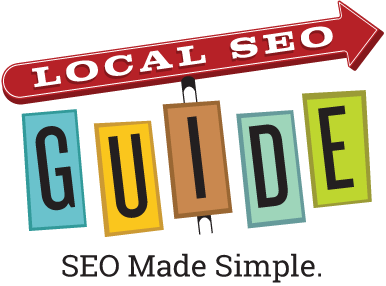Update: Matt Mcgee informs me that this is way old news. Still interesting though.
First CityGrid and now Yahoo!? What’s Yelp up to?
A reader from a daily deals site just asked me why Yelp was linking to Yahoo on the bottom right of this URL with the words “New York Burgers” in the anchor text.
Upon further exploration, I found similar links on every business profile page I checked. And if you search Google, you can find millions of Yelp URLs with these links.
I then did a similar query to find Yelp links on Yahoo and found several hundred thousand (hey Yelp! you might want to give Yahoo! some tips on bot accessibility) like this one:

It’s not unusual for sites to link to other sites as additional resources for users (isn’t that what Yahoo! used to do for a living?), but seems like more than just a coincidence that they both are only linking to each other and they are using perfectly targeted anchor text in the links.
If I didn’t know better I would swear that Yelp! and Yahoo! are participating in what Google would call a “link scheme”:
Examples of link schemes can include:
- Links intended to manipulate PageRank
- Links to web spammers or bad neighborhoods on the web
- Excessive reciprocal links or excessive link exchanging (“Link to me and I’ll link to you.”)
Now I don’t want to suggest that Yelp! & Yahoo! are trying to manipulate PageRank and I’ll leave it to you to decide whether or not either of them is linking to a bad neighborhood, but these links certainly seem excessive.
Hey Matt Cutts, how about a ruling on this one?


5 Response Comments
This has been going on since 2008 — well, at least the Yelp-linking-to-Yahoo part has:
http://www.smallbusinesssem.com/are-yahoo-and-yelp-dating/1088/
Always way ahead of me Matt. Title updated to reflect my cluelessness.
Of course, Google will call it a “link scheme” – it gets to the bread and butter of their search algorithms – the more credible sites appear higher in natural search results to provide the most relevant and trusted content to users. Yelp and Yahoo linking to each other builds their credibility on “the internet” by joining forces – linking to a credible site, and that site recognizing the link with a link-back will boost trust and relevancy to the coding behind the scenes.
The fact that the two link is most likely the result of some form of partnership, similar to the CityGrid – Yelp partnership – to provide revenue streams between the companies.
If you want to discuss “spamming,” let’s talk about Google building a plethora of products or apps and using its’ internet prowess to crawl and grab content of other sites for its’ content. Google itself has little to nothing besides the ability to build infrastructure and then copy/past or “reference” other sites by organizing information in a way it feels is relevant. Pure machinery, little EQ.
Thanks for chiming in here Andrew – although I would have preferred that you disclosed that you are a Yelp employee – I think you have a totally legitimate point which I think can be summed up as “who cares what Google thinks?”
Yelp & Yahoo are definitely free to link to each other in whatever way they want – and free to block Google from scraping content from your sites. The only issue I have with the technique you are using here is that it might give you some advantage in Google v. other sites that are competing against you for rankings. That said this is the kind of thing that should be fairly easily detectable by GOOG and discounted.
I always recommend customers exchange links with other similar services, especially it they are local. Is that bad? I thought it was one of the good ways to build links?
Kris